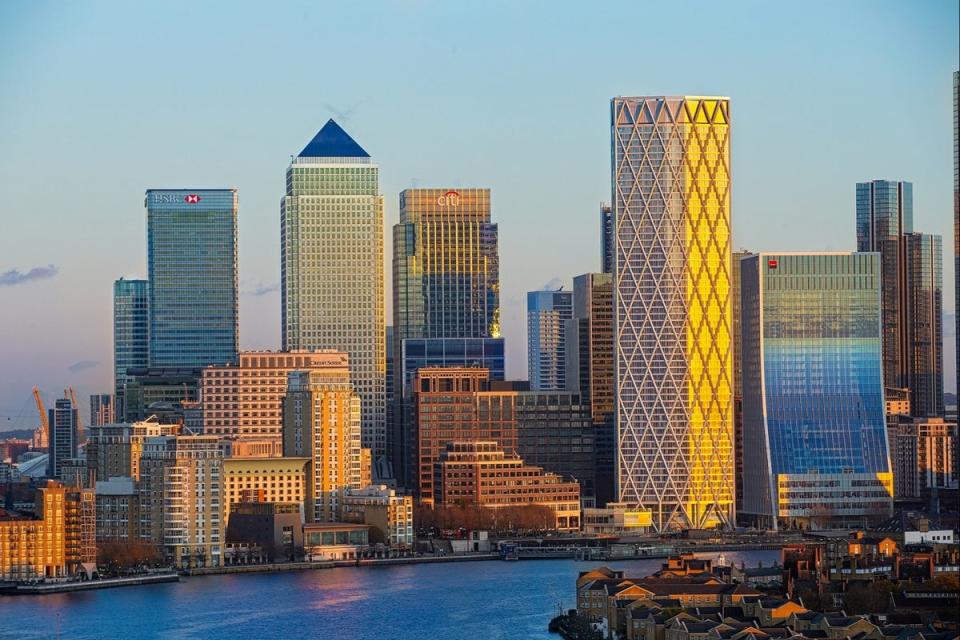Recession watch: Will the economy shrink this year after it grew in July? – City experts look ahead

There was a much-needed boost for the mood in the City today, with confirmation that the UK economy grew in July, easing the worst of fears about a potential recession.
The expansion wasn’t big. At just 0.2%, it was smaller than the 0.3% predicted. But it ended some of the more pessimistic speculation, which predicted a second consecutive month of contraction after June’s 0.6% decline and would have set the UK on course for full-blown recession.
July’s numbers were driven by the consumer-facing service sector, helped by the Women’s Euros football championship and the Commonwealth Games.
So, can the improvement last long enough to avoid taking the UK into recession territory -- commonly defined as two consecutive quarters of a shrinking economy – after a 0.1% contraction in the second quarter of 2022?
The Bank of England expects a recession this year, but its predictions were made before the government’s cap on rising energy costs. Now domestic bills are limited at £2,500, what do City experts think lies ahead?
Interest rates are currently at 1.75%, after six hikes from last December. How high they will have to go will be a major factor. Even with energy costs more contained, expect rate rises throughout winter.
Neil Shearing, group chief economist at Capital Economics, says: “Our long-standing forecast that rates would reach 3% was bold a few months ago but is now looking more mainstream.
“In fact, one of the paradoxes of large fiscal support is that the Bank of England may now need to tighten monetary policy by more than would otherwise be the case. An increase to 4% is now possible.”
The next rate call has been postponed by a week to September 22, so that it will take place after the Queen’s funeral.
James Smith, developed markets economist at ING, expects a 0.50% hike next week and is “pencilling” another in November.
“While we’d caution about automatically assuming [the package of energy measures] means the economy avoids a technical recession, it should help limit the depth of any downturn over winter to a few tenths of a percent,” he says. “We’re also hopeful that the announcement of business support can help insure against a material rise in unemployment.”
Daniel Mahoney, UK economist at Handelsbanken, expects the price cap to “improve the economic growth outlook in the short term,” adding that if it is successful “it would probably mean that we are now near to peak inflation and that we have already reached the low-point for household spending.
“It is now very plausible that the UK will avoid a recession in the next 18 months,” he concluded.
But the extra Bank Holiday for the Queen’s funeral and a subdued national mood, that could lead to constrained spending, may also have an impact.
Philip Shaw at Investec says: “There has been some talk that the resulting drop in economic activity in September will result in a contraction in the third quarter as a whole.
“While this is not our baseline case, we would not rule this out, especially if the subdued mood of the nation results in a dip in spending across the period of mourning.”
The margins separating recession from stagnation will probably be slim.
Martin Beck, chief economic advisor to the EY Item Club forecasters, says: “The level of output in July was broadly the same as in April. It’s touch-and-go if GDP will see a second successive quarterly contraction in the third quarter.
“As things stand, the economy is unlikely to do more than stagnate over the coming year.”

 Yahoo Finance
Yahoo Finance 